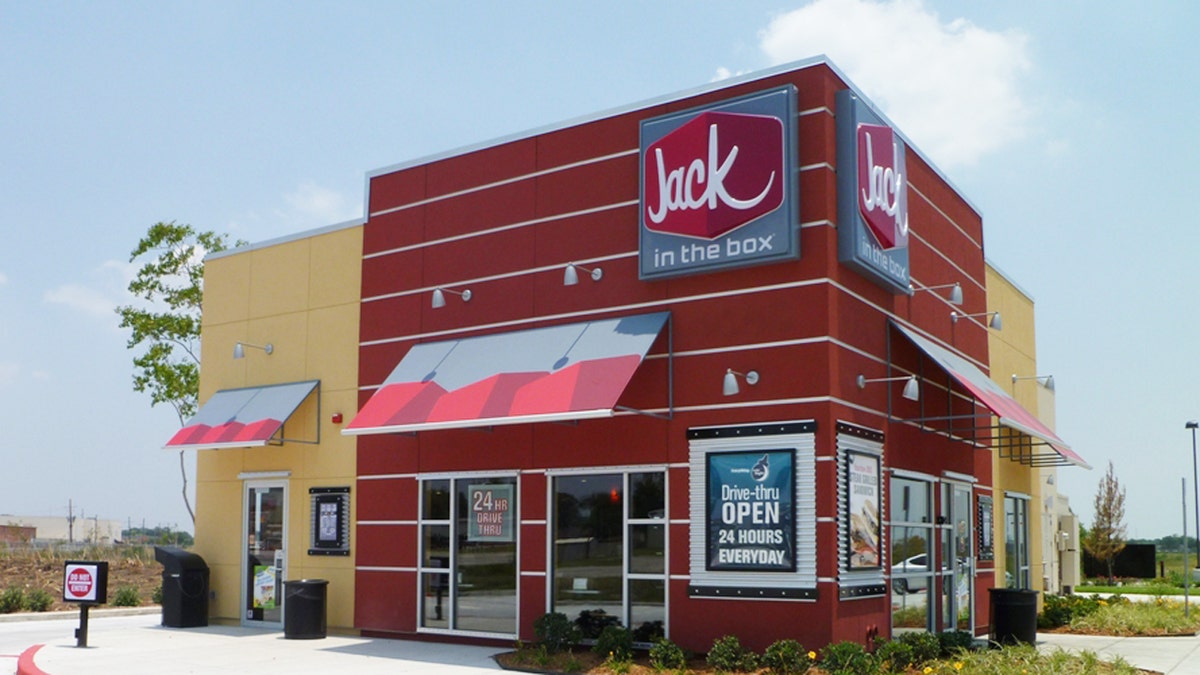
Jack in the Box is the latest fast food chain to announce the transition to a cage-free egg supply. (Jack in the Box)
Jack in the Box is joining the bandwagon of fast food companies going cage free.
In the company’s latest Animal Welfare Report released Nov. 20, executives at the chain announced they will gradually be switching to 100 percent cage-free eggs in the next 10 years.
Citing a commitment to “identify programs and practices they can implement that maximize to the greatest extent possible the humane treatment of animals,” Jack in the Box said it hopes to have the majority of its egg-supply cage-free by 2020 and to fully implement the transition by 2025. The chain says it has informed egg suppliers of their expectations and timeline.
Organic and cage-free egg producers account for less than 10 percent of the entire egg industry, according to statistics from United Egg Producers. Experts say chains like McDonald’s, Panera and others are setting lengthy timelines to account for the long transition period egg producers will likely need to switch operations.
"Currently, about 90% of all eggs produced in the U.S. come from caged hens, so these policies will indeed cause a major overhaul of American egg production,” Humane Society of the United States' Senior Food Policy Director Matthew Prescott told Eater.
Jack in the Box also reiterated its 2012 commitment to improve the welfare of pigs in line for the chain’s pork supply. By 2022, the company has pledged that all of its pork items must come from suppliers that house pregnant sows in a group environment versus cramped gestation stalls. Jack in the Box did not cite specific figures but say that since announcing the goal, “several of our major suppliers are working to convert their company-owned farms to group housing to by 2018.”
